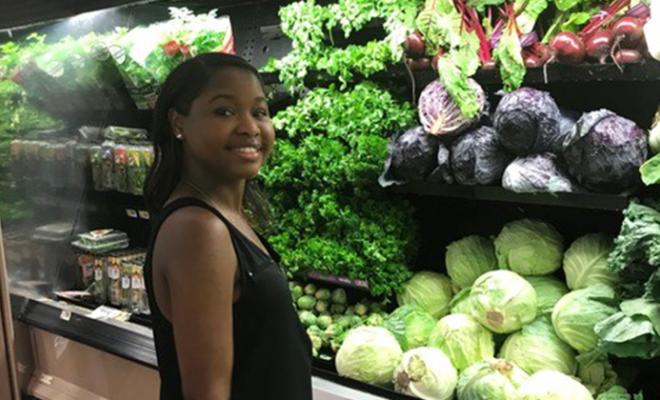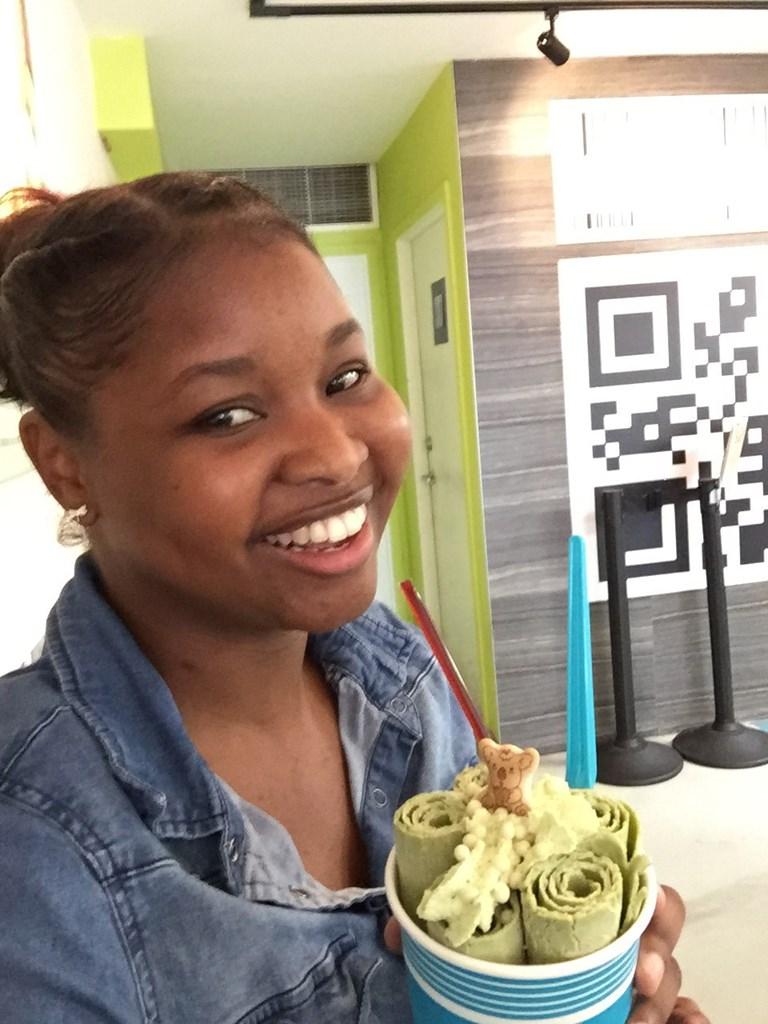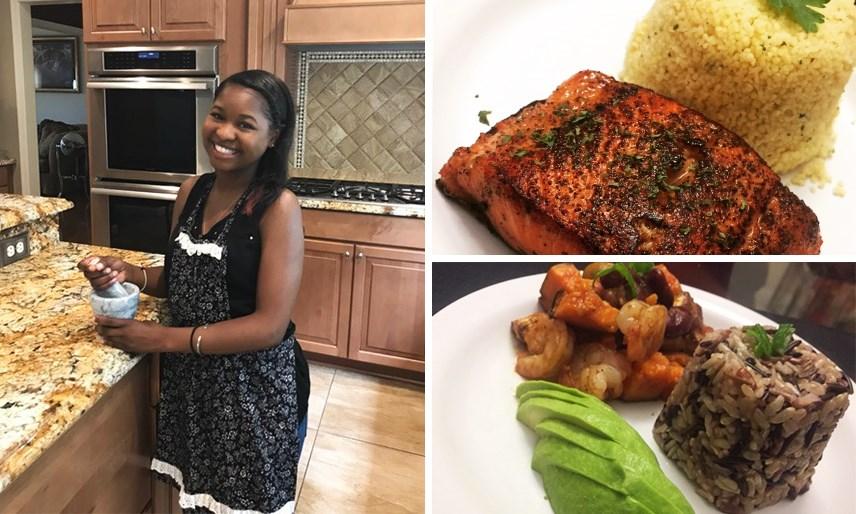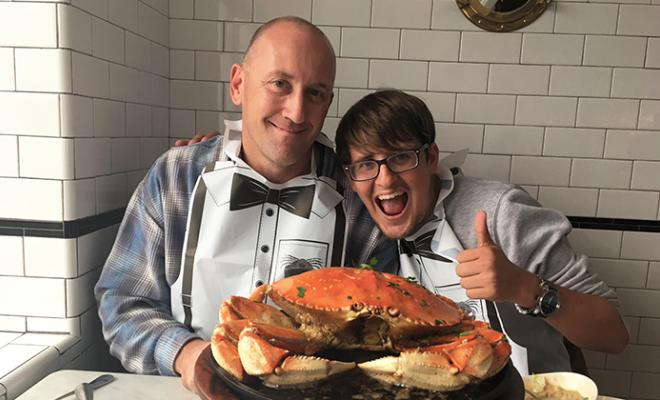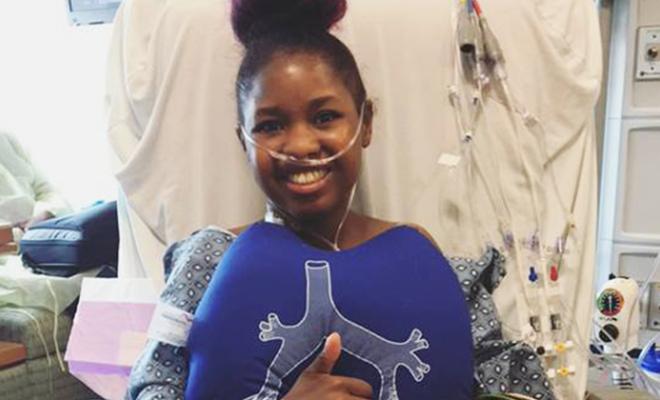For many of us who have cystic fibrosis, eating takes up much of our day because we need to work to maintain a stable weight. Our doctors are constantly counting our caloric intake and making sure our digestive health is good. Failure to achieve nutritional goals can sometimes require more invasive -- but lifesaving -- treatments such as a feeding tube.
When I was diagnosed with CF in the '80s, my doctors and dietitians focused more on the quantity of my food intake rather than the quality. I was able to eat all of my favorite junk foods and fast food meals without a care in the world. My mom always made sure to stock all of my favorite unhealthy snacks.
I quickly realized as an adult that nutrition affects my energy, healing, and immune system -- we really are what we eat! After a dozen hospitalizations, I weighed 89 pounds while on the lung transplant waitlist. I was aware that after transplant I would have food restrictions because my immune system would be weakened, but I did not prepare for the possibility of weight gain. Weight gain was a foreign concept in my world.
After my transplant, I required a feeding tube for a couple of months to stabilize my weight. Once my weight stabilized, my body required less energy to breathe and fight off infections, so my caloric intake needed to be adjusted accordingly. My CF doctors always told me that a low body mass index
correlates with poor lung function. Ironically, when I weighed in at 114 pounds, my transplant doctors said I had a slight drop in lung function, which could be due to my rapid weight gain. I needed to find a healthy balance.
As a self-proclaimed “foodie,” I knew this would be a challenge. I wanted to find a way to indulge without risking infection or elevating my cholesterol, potassium, or blood sugar -- which are affected by the anti-rejection medication and steroids I've been taking since my transplant.
To address this problem, I turned to mindfulness to find my healthy balance. As a mental health professional who teaches mindfulness through psychoeducation, it was a good fit for me. Simply put, mindfulness is the state of being aware of thoughts, feelings, sensations, and environment in the present moment.
Being mindful involves being attentive, thoughtful, and intentional.
For me, meal time is when I practice mindfulness by planning nutritious meals, thoughtfully using fresh ingredients, and intentionally savoring the flavors. I absolutely love to cook with colors and plate my food as if the plate were my canvas and I was creating a masterpiece. I eat with my eyes before it even touches my palate.
Mindful eating is a non-judgmental practice that focuses more on eating behaviors and less on food content. As part of my transplant journey, I had to change the amount of food I was accustomed to prior to transplant. Smaller dinner plates and Tupperware containers are ideal for portion control. While eating, I try to chew my food 32 times (as my great aunt taught me) before swallowing. I used to think it was a ridiculous idea, but since digestion starts in the mouth, my teeth have to be team players in the digestion process.
Aside from too much weight gain, I need to be conscious of my risk for infection due to my compromised immune system. With fresh produce there is a higher risk for infection if it is improperly handled or washed, especially at restaurants. I have to avoid raw meat and seafood because of the possibility of cross-contamination. And while sharing food is common across cultures, I stay away from buffets and communal meals.
An important aspect of mindfulness is showing gratitude. As a transplant recipient, I have so much to be grateful for. I am thankful to be able to fuel my body with nutrients to keep me going throughout the day.
My past relationship with food was primarily based on survival but now I am more aware of my food choices.
Mindfulness can be applied to any aspect of life and is a tool that can be used to reduce anxiety while improving focus. To be attentive, thoughtful, and intentional means to remove distractions and pace myself as I experience LIFE!

